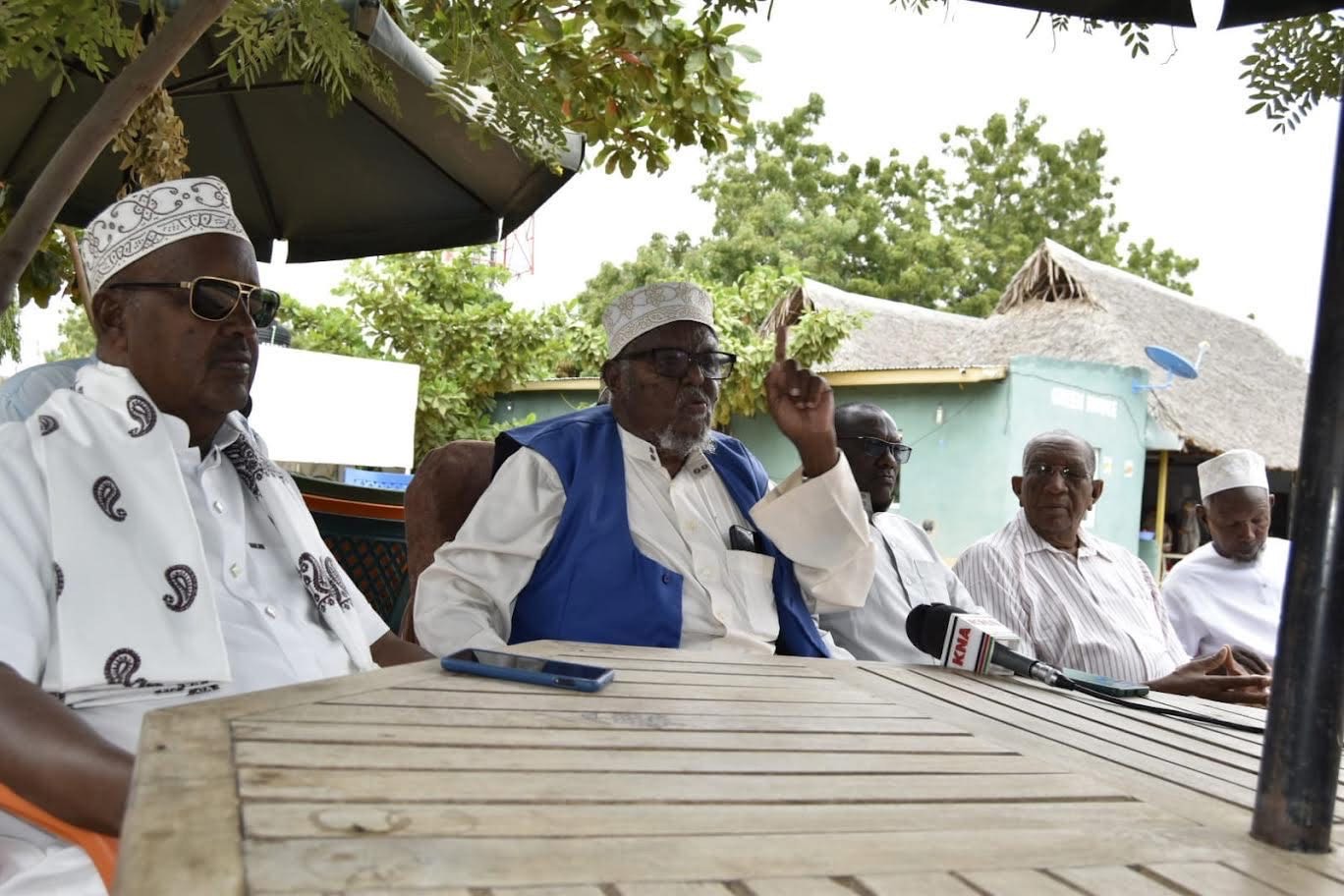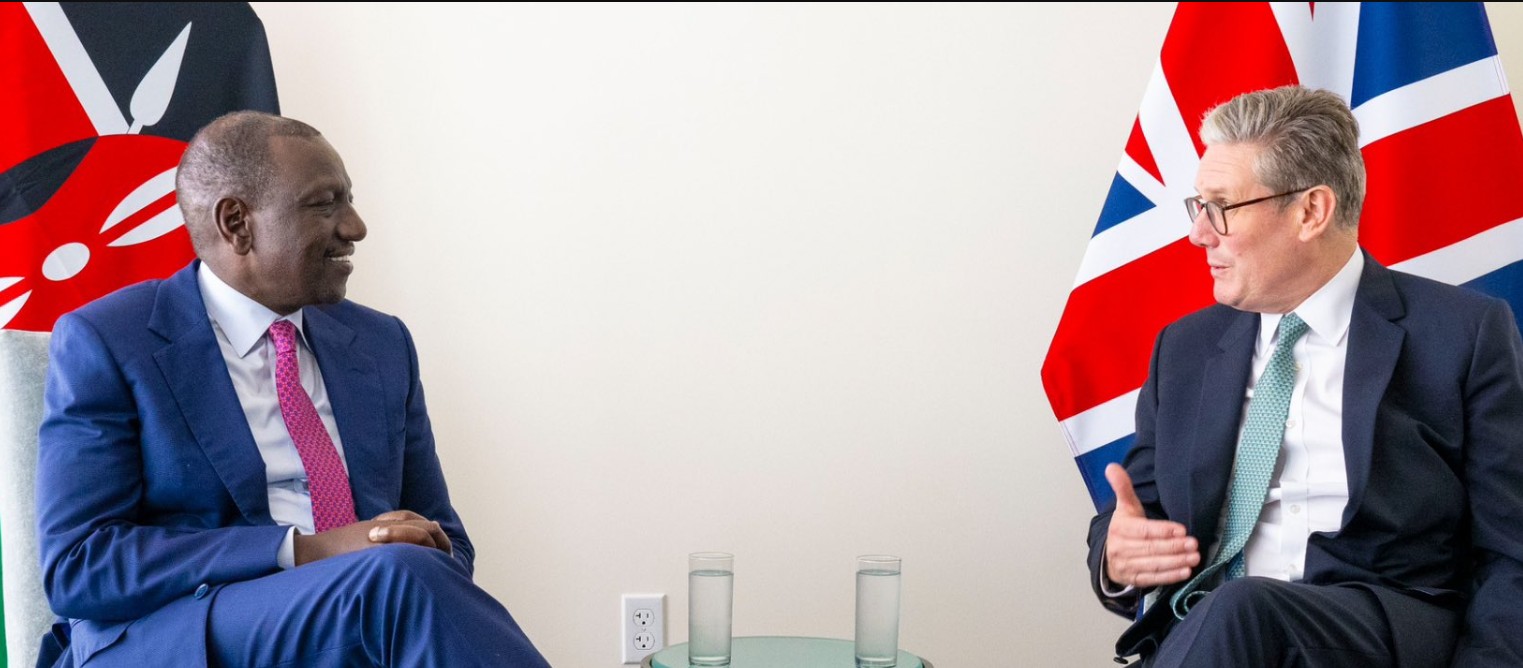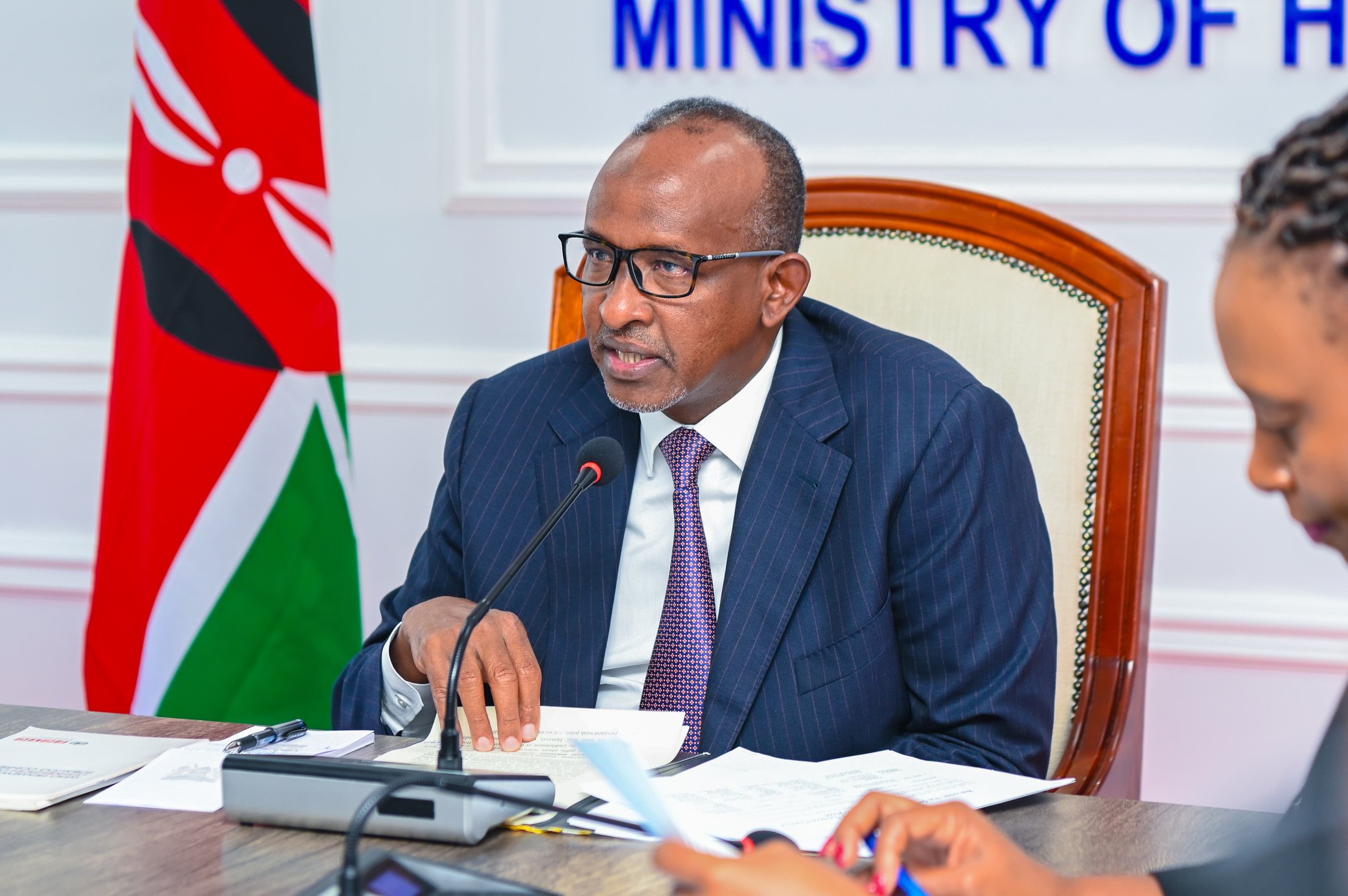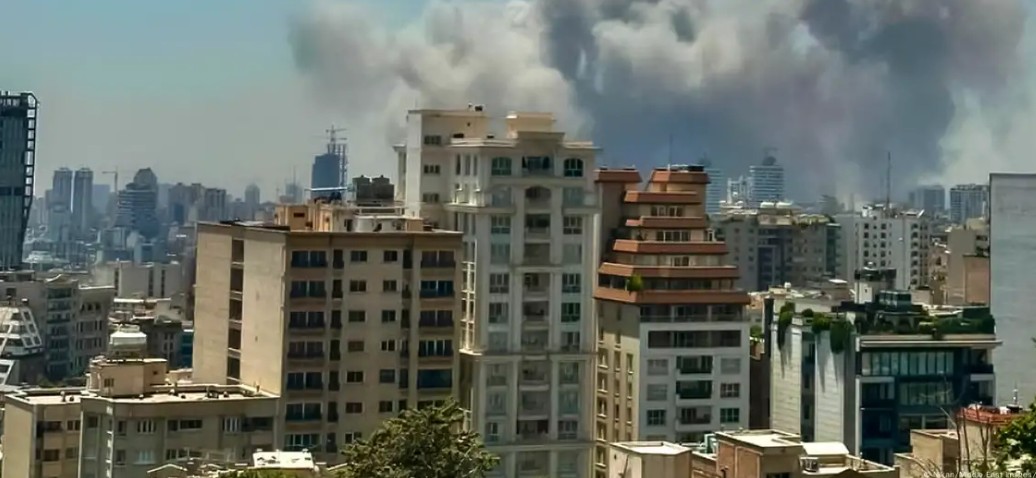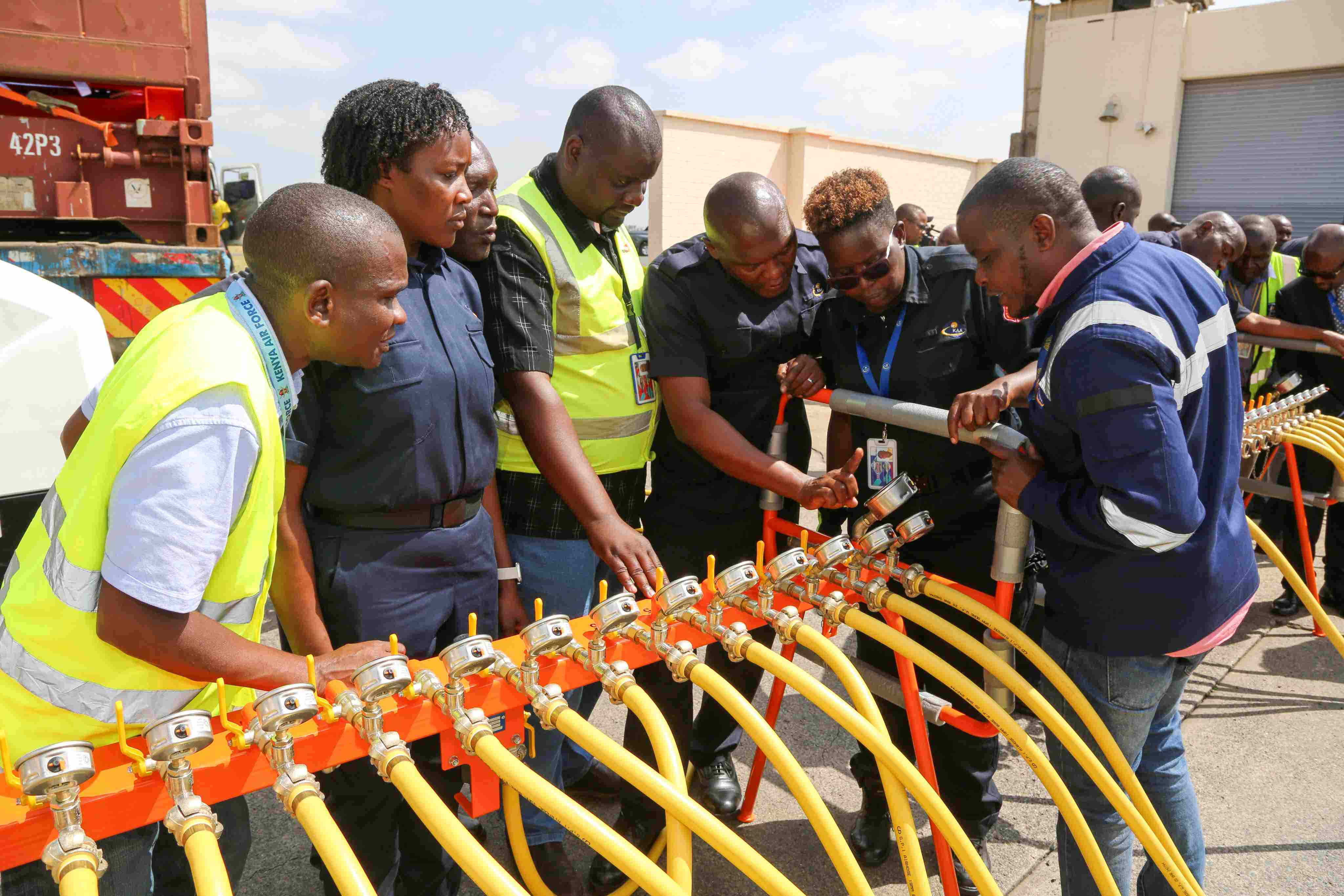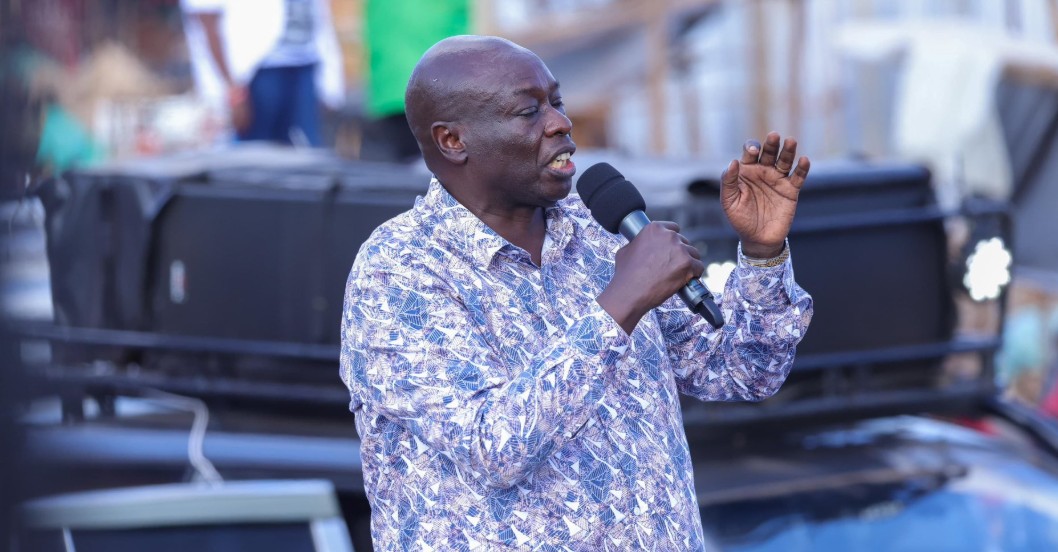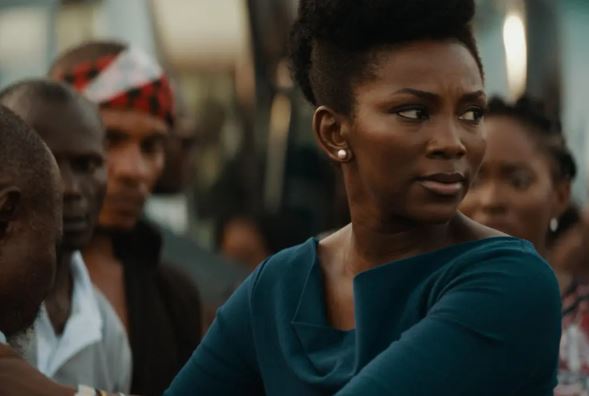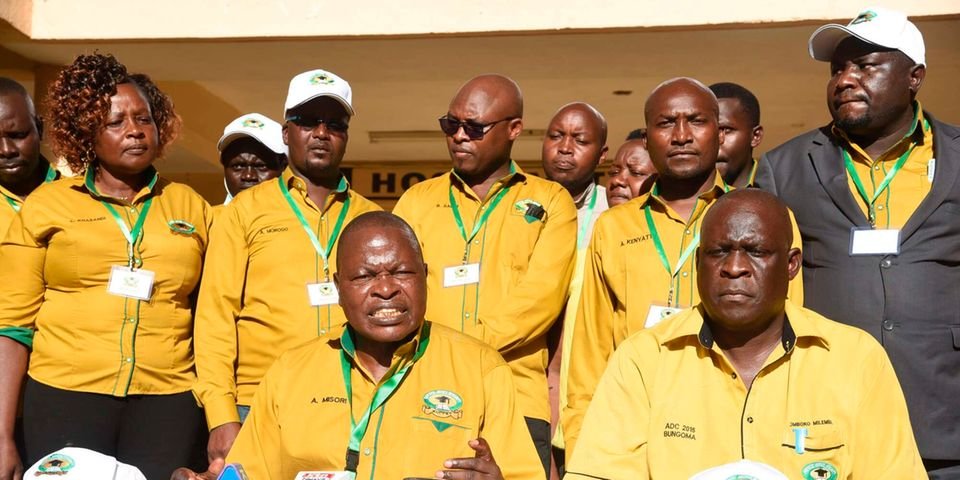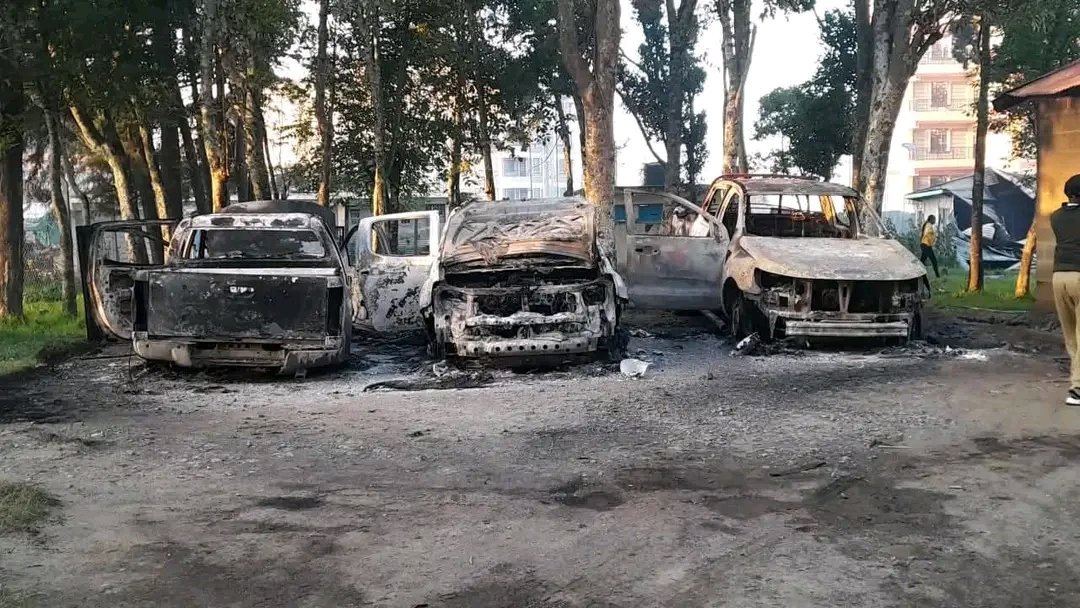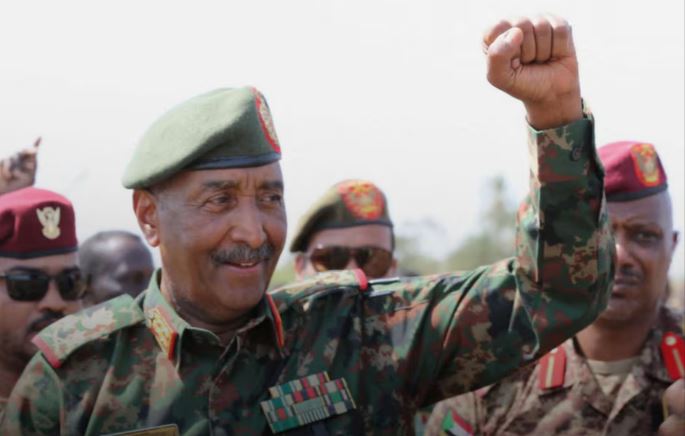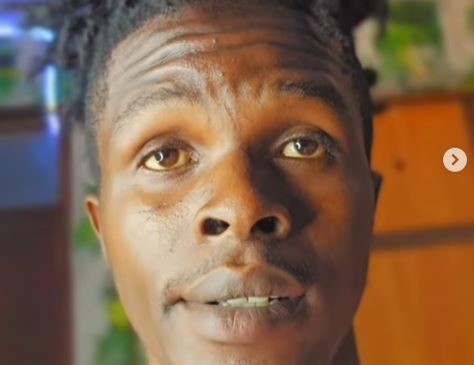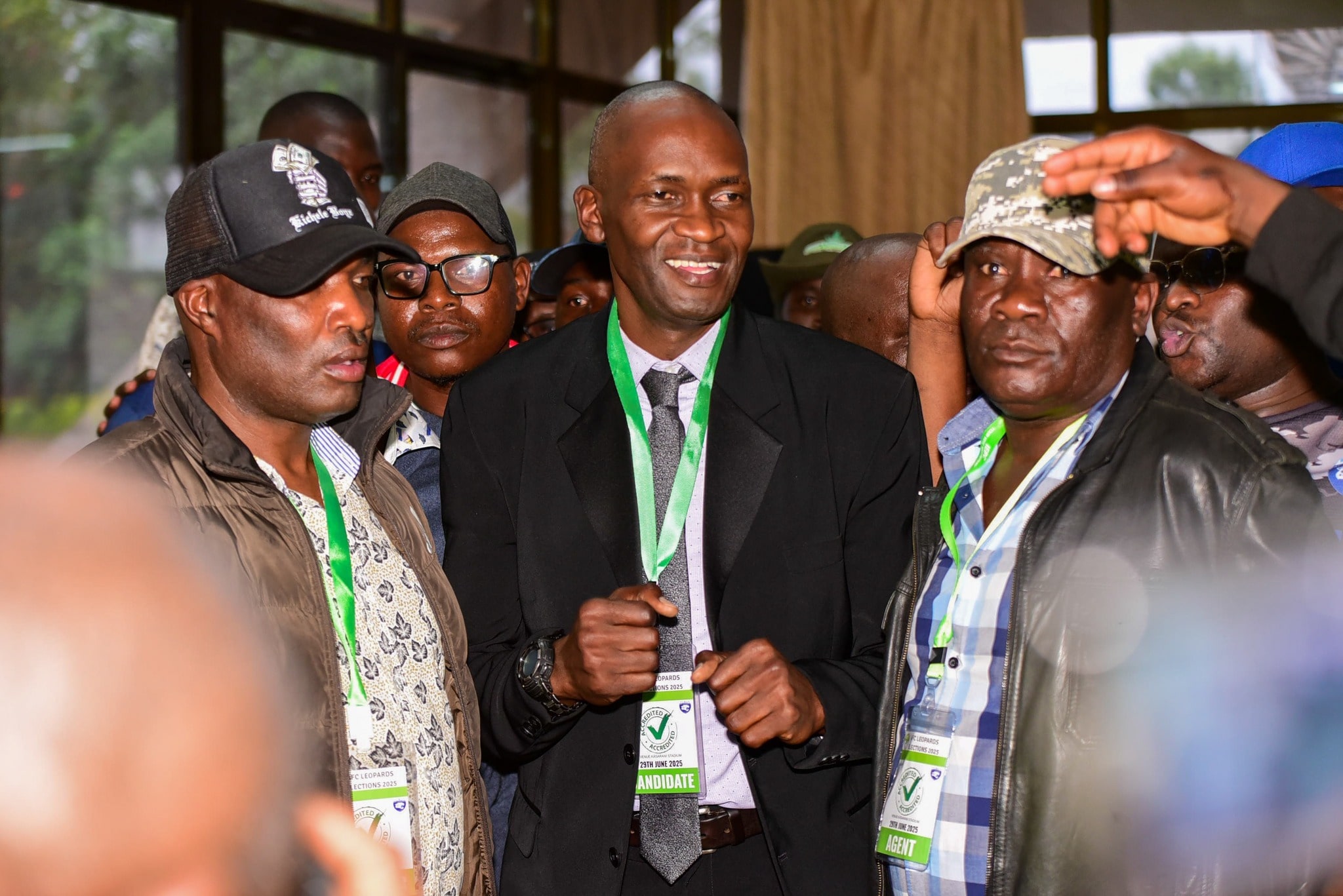Doctors' strike: KNCHR asks state to ensure talks, end threats

The rights body is pushing for talks to end the strike and wants the immediate end of threats by the government.
Genuine consultations should take place between the government and doctors to end the strike that began on March 15, 2024, as its consequences are serious, a rights body has said, while also urging an end to threats against the industrial action.
The Kenya National Commission on Human Rights (KNCHR) on Monday criticised President William Ruto's government over how it is handling the crisis, noting that it continues to have a huge negative impact on healthcare across the country.
More To Read
- Eight killed, 400 injured in protest anniversary as rights groups decry police brutality, media gag
- Blood on the streets: Protesters shot, beaten as police and goons unleash brutality in Kenya
- Kiambu doctors down tools as strike begins over pay, promotions and health insurance woes
- Six candidates shortlisted for KNCHR chairperson role, interviews set for May 27
- Why Kenyan doctors can’t afford the very services they offer - KMPDU Deputy SG Miskellah
- President Ruto appoints selection panel to lead search for next Kenya National Commission on Human Rights Chairperson
Chairperson Roseline Odede, in a statement, said the two parties must resolve all outstanding issues and agree on a return-to-work formula for the doctors.
Doctors are pushing for, among others, higher pay, improved working conditions, internship postings for medical graduates, and the fulfilment of the collective bargaining agreement reached after the 100-day strike of 2017.
Odede further urged an end to threats against the health workers.
"We call for the immediate cessation of threats and intimidation against any lawful exercise and enjoyment of the right to picket, demonstrate and protest," she said.
On Sunday, the doctors' union and several groups, including the Law Society of Kenya (LSK), threatened legal action against Inspector General of Police Japhet Koome if any of them is harmed during their ongoing strike.
The Kenya Medical Practitioners, Pharmacists and Dentists Union (KMPDU) and the groups demanded that Koome retract his directive for police commanders to deal "firmly and decisively" with striking doctors and apologise for his statements.
The groups backing the KMPDU are the Law Society of Kenya (LSK), the Katiba Institute (KI), The Institute for Social Accountability (TISA), the Kenya Human Rights Commission (KHRC), the International Commission of Jurists (ICJ Kenya), the Africa Centre for Open Governance (AFRICOG), Tribeless Youth, and Siasa Place.
The KNCHR condemned Koome's warning, maintaining that "national security shall be pursued with the utmost respect for the rule of law and human rights as stated in Article 238 (d) of the Constitution of Kenya."
It noted that Article 37 of the constitution "unequivocally guarantees the right of every person, peaceably and unarmed, to assemble, demonstrate, picket, and present petitions to public authorities" and that the state "must secure the rights of both the protesters and non-protesters."
Odede asked the government to provide adequate security to protestors and non-protestors who have joined the push for reforms in the health sector.
She observed that the demonstrations have largely been peaceful but cited an incident on February 28, when, it said, there was an "appalling act of violence and use of unnecessary and excessive force" against KMPDU members.
On that day, KMPDU Secretary-General Davji Atellah was gravely injured by a tear gas canister allegedly fired by the police.
Odede further said that the commission, in collaboration with the National Police Service and other actors, has developed a checklist for law enforcement agencies and the public on the right to freedom and peaceful assembly to serve as a guiding document in the event of demonstrations.
Top Stories Today
